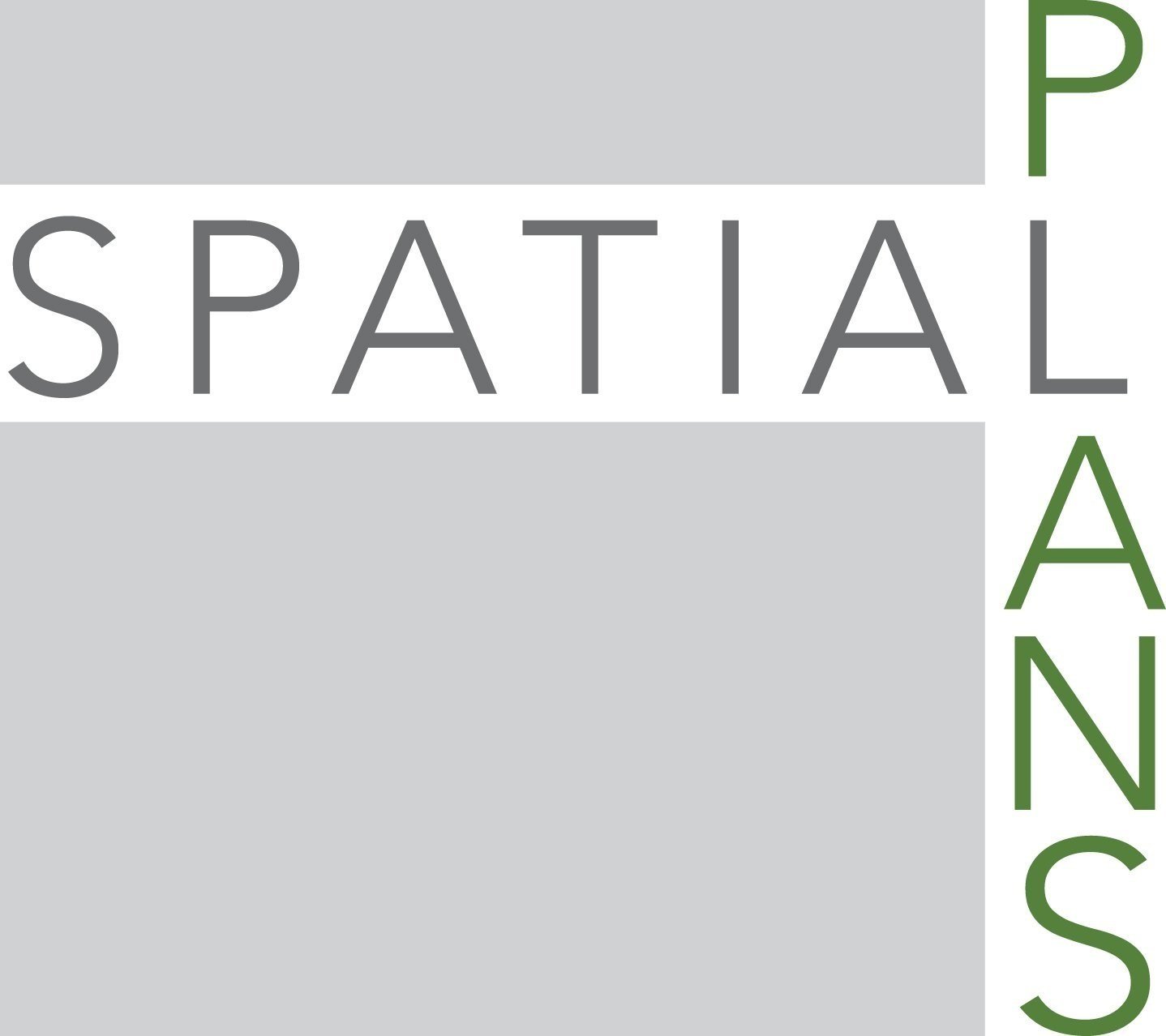-
Area Class 1-02: Consulting services related to planning transportation systems and strategies for urban areas and broader regions, including tasks like developing long-range transportation plans, conducting travel demand modeling, analyzing land use and mobility, and supporting multi-modal transportation initiatives.
-
Area Class 1-07: Services include designing and administering surveys, community meetings, focus groups, and other methods to collect and analyze stakeholder input to inform project planning and decision-making.
-
Area Class 1-13: Services include assessing existing conditions, identifying gaps or safety issues, coordinating with local agencies, and supporting the integration of non-motorized options into broader transportation plans to promote mobility, safety, and accessibility for all users.
-
Area class 5-07: Services include creating, editing, and producing detailed and accurate maps, integrating multiple data sources; visualizing geographic, transportation, and infrastructure information; and providing analysis and decision-making tools for project needs.
We are pre-qualified with GDOT in:
We are DBE-certified in Georgia and New York.
-
Disadvantaged Business Enterprise (DBE) certification is a federal program designed to ensure non-discrimination and create equal opportunities for small, minority, and women-owned businesses in federally assisted contracts for highway, transit, and aviation projects.
-
A business must be at least 51% owned and controlled by socially and economically disadvantaged U.S. citizens, meet small business size standards, and have owners with a personal net worth under a stipulated threshold.
DBE eligibility rules are established by the U.S. Department of Transportation (USDOT) through federal regulations, specifically 49 CFR Part 26. State transportation agencies, operating through a Unified Certification Program (UCP) in each state, are responsible for implementing and certifying firms according to these federal standards. -
DBE certification is relevant in transportation planning whenever agencies use federal funds for projects, including planning, engineering, or consulting services. State and local transportation agencies are required by the U.S. Department of Transportation to set overall DBE participation goals—often between 10% and 23%—based on the availability of qualified DBE firms in the local market.
When grants or project notices are issued, agencies specify DBE participation goals for each contract or project. Prime consultants pursuing these opportunities must either meet the DBE goal by subcontracting a portion of the work to certified DBE firms or demonstrate good faith efforts to do so. This process ensures fair competition and inclusion of disadvantaged businesses in federally funded transportation planning projects.
